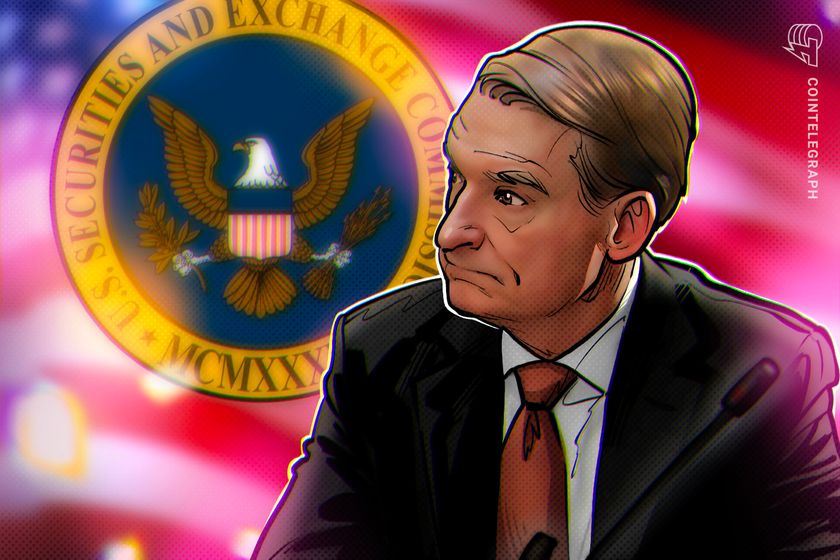

Ukraine’s financial regulator has proposed taxing certain crypto transactions as personal income at a rate of up to 23% but excluding crypto-to-crypto transactions and stablecoins.
Crypto transactions would be taxed at 18% with a 5% military levy on top as part of the proposed framework, released on April 8 by Ukraine’s National Securities and Stock Market Commission.
NSSMC Chairman Ruslan Magomedov said in an April 8 statement that “the issue of crypto taxes is not a hypothesis, but a reality that is fast approaching.”
He added that the agency created the framework to help lawmakers make an “informed resolution” by considering each suggestion’s advantages and disadvantages because “these aspects can have a critical impact on the market and tax liability.”
Under the NSSMC’s proposed crypto framework, a tax will be applied when crypto is cashed out for fiat currency or exchanged for goods or services.
Crypto-to-crypto transactions wouldn’t be taxed, bringing Ukraine in line with other European countries, including Austria and France, as well as crypto-friendly jurisdictions like Singapore, the NSSMC said.
The regulator says it “makes sense” to exclude stablecoins backed by foreign currencies or only apply a 5% or 9% tax because Ukraine’s tax code already excludes income from transactions in “foreign exchange values.”
A translated excerpt of the NSSMC’s report said stablecoins backed by foreign currencies could be exempt from taxation. Source: NSSMC
Mining, staking, hard forks and airdrops
Other crypto-related activities, such as mining, staking and airdrops, are also addressed in the framework which floated a few options for taxation.
The NSSMC said crypto mining is generally considered a business activity, but there might be a general tax-free limit for certain crypto transactions, including mining.
Under the framework, staking could be considered as “business captive income” or only taxed if the crypto is cashed out for fiat currencies. While hard forks and airdrops could be taxed either as ordinary income or when the tokens are cashed.
Related: Ukraine officials get training on crypto and virtual assets investigation
The regulator suggests a tax-free threshold could help “relieve the burden on small investors” and is common in other jurisdictions.
Exemptions for donations, transfers between family members, and holders who keep their crypto for a set amount of time are also flagged as possibilities. However, the NSSMC says the exemption might not apply to non-custodial crypto wallets.
Last December, Daniil Getmantsev, head of the tax committee of Ukraine’s parliament, said a draft bill to legalize cryptocurrencies was under review and expected to be finalized early this year.
Ukrainian President Volodymyr Zelenskyy first signed a law establishing a legal framework for the country to operate a regulated crypto market in March 2022.
Magazine: New ‘MemeStrategy’ Bitcoin firm by 9GAG, jailed CEO’s $3.5M bonus: Asia Express



